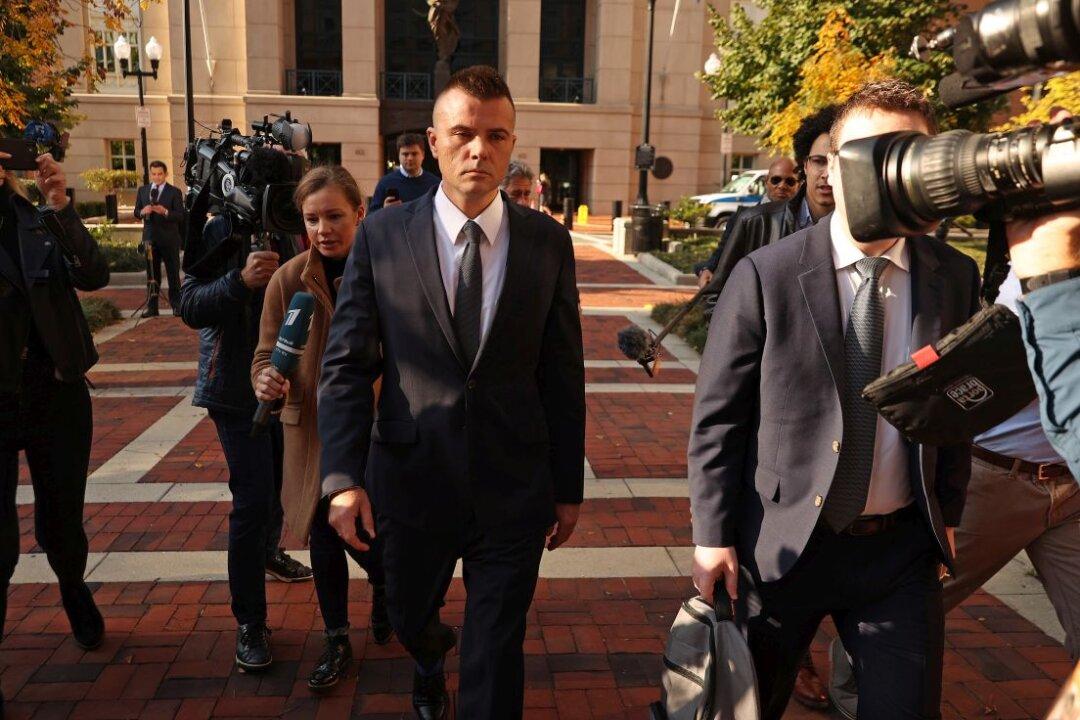A former Brookings Institution Russian analyst accused of providing false information in the controversial and widely discredited Steele dossier entered a plea of not guilty days after he was indicted by special prosecutor John Durham.
Igor Danchenko pleaded not guilty to five counts of making false statements to the FBI, entering his plea before Judge Anthony John Trenga in the U.S. District Court for the Eastern District of Virginia on Nov. 10, according to reporters on the scene.





